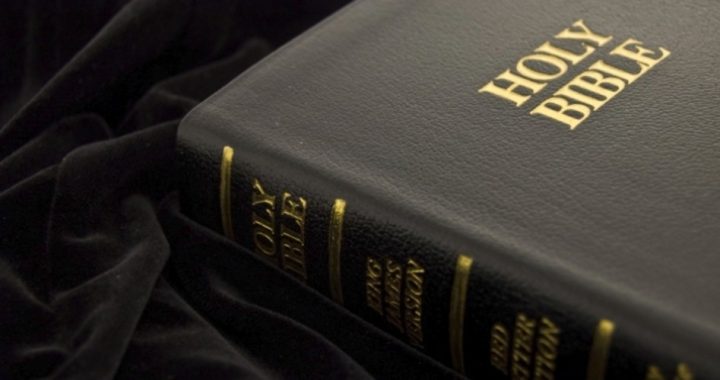
A street preacher whose First Amendment-protected rights were violated received a settlement last week from Portland, Oregon. It’s a tiny win in a big war, but an important one.
In June four years ago, Mark Mayberry, a 59-year-old electrician, was handing out Gospel tracts in Portland’s Waterfront Park. He was also holding a pro-life sign and engaging passersby in conversation. A city park official decided he was in violation of the park’s regulations and cited him. When Mayberry refused to leave, he was cited for “failure to obey a park officer,” local police were called, and he was removed from the park with instructions not to return for 30 days.
Mayberry complained and his case was heard by Hearings Officer William Guzman, who found in Mayberry’s favor, deciding that the citation was “an unconstitutional application” of not only the city code but state law as well. He wrote, “The Park Officer’s direction to stop engaging passers-by with information regarding his Christian beliefs against abortion was not reasonable. [Mayberry] was not required to comply with this Park Officer’s unconstitutional attempts to silence [Mayberry’s] message.”
Guzman found not only that the park official had violated Mayberry’s rights, he had also violated a 2006 order by the 9th Circuit Court of Appeals in a similar case. That order placed a permanent injunction against Portland prohibiting it from enforcing its unconstitutional ban.
Mayberry, with the help of the Pacific Justice Institute (PJI), a pro-bono legal firm that specializes in such cases, sued the city. He asked for $300,000 and settled for $50,000.
This is a small victory in a very large war. Mayberry is also a plaintiff in a much larger case, Edgewater Christian Fellowship v. Governor Katherine Brown. In that lawsuit, pastors of Edgewater and Roseburg Church of God of Prophecy complained that Brown’s “stay-at-home” orders “do not serve any legitimate or compelling state interest … and have deprived, and continue to deprive, Plaintiffs of their clearly established rights under the United States Constitution.” That lawsuit was filed last week, just as Mayberry was celebrating his victory over Portland.
The Edgewater lawsuit is just one of more than 1,300 state and federal lawsuits that have been filed over similar unconstitutional edicts in response to the COVID virus, according to Hunton Andrews Kurth, a law firm that is tracking such cases. USA Today makes the important point: “The eventual rulings could redefine the balance between state powers and constitutional rights that advocates contend are too important to sacrifice even temporarily.”
Some of those cases are no doubt headed to the Supreme Court, giving further emphasis to the importance of Trump’s promise of nominating “originalists” to the high court whenever the opportunity presents itself. As Ralph Reed noted in his recently released book, For God and Country — The Christian Case for Trump, in his second term President Trump could have the opportunity to nominate as many as three more of them to the high court.
So, while Mayberry’s win is a victory in a tiny skirmish, in the larger war it represents a sea change as citizens more and more are realizing the importance of those precious rights enshrined in the Bill of Rights to the U.S. Constitution.
An Ivy League graduate and former investment advisor, Bob is a regular contributor to The New American, writing primarily on economics and politics. He can be reached at [email protected].



